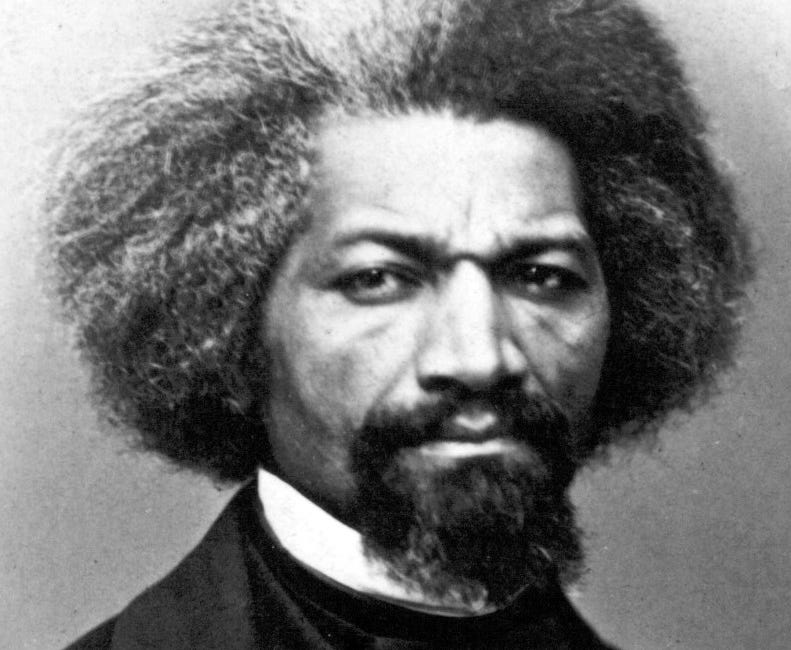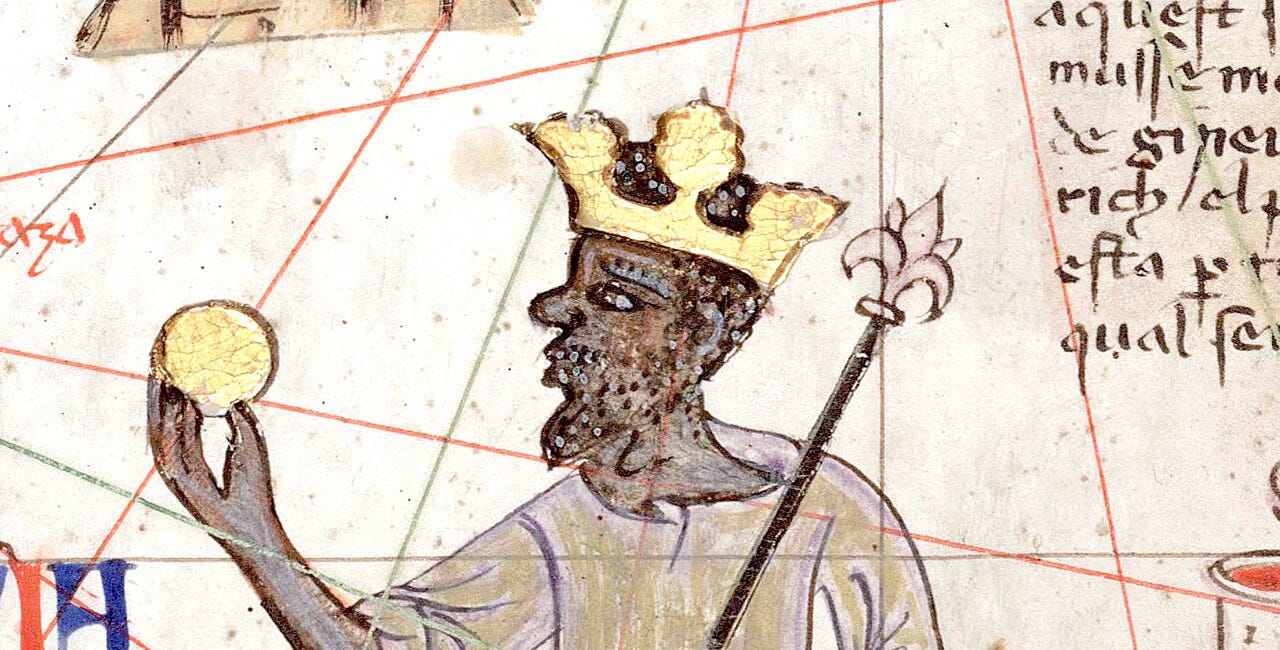The first slave memoir
Review of The Interesting Narrative and Other Writings by Olaudah Equiano
This is a remarkable document of an extraordinary life. Abducted at 11 somewhere in Nigeria, Equiano survives the middle passage, takes on a new identity and name, and thrives to the point of purchasing his own freedom. Throughout, the reader experiences every stage of his life, from the terror and uncertainty to the achievement of a career as a sailor and then a freeman. The details, including a long description of his origins in west Africa, are wonderfully rendered and consistently fascinating in historical terms. It is on a par with the Life of Frederick Douglass.
He starts with the base of his life in an almost anthropological description of his home in what today is southern Nigeria, thought to be the Igbo village of Essaka. It serves as a way to contrast his later life with the communal culture he grew up in. Once abducted, he went on a terrifying journey, finding for a time his sister, who was taken away from him in the first of many unspeakable cruelties. Interestingly, he had a series of kind masters in Africa, but eventually was sold to Europeans, who looked strange to him and exhibited a level of brutality he found unimaginable.
His life as a slave in the western hemisphere began with some luck: a captain took him on, treated him well, and promised to release him at the end of the Seven Years’ War. This offered many opportunities that life as a plantation slave would not have. Equiano, renamed Gustavus Vassa, became an extremely able sailor and fighter, treated on the ship as an equal and working his way up the ranks, if always as assistant to the captain. It was the beginning of his disappointments with owners that reneged on their promises or others who took advantage of his lack of legal standing as a slave to steal from him and exploit him.
During this time, even as he was swindled out of many earnings, he developed into a highly competent trader, eventually saving enough to buy his freedom in 1766. At every turn, his life was fraught with danger from the caprices and humiliations of the white men around him. It is a riveting read. Until he moved to England, in the Caribbean he faced dangers every day of kidnapping and being resold into slavery to facing down white men refusing to honor the debts owed to him.
A major theme in the book is his religious conversion to Methodism. While this did not appeal to me as something with which to identify, it is an interesting story about the meaning of religion then. Faith guided many aspects of his life.
Equiano jumps from the pages as an exceptional man – honest, gifted with intelligence and formidable abilities, energetic enough to survive and thrive. He knew how to cultivate important and powerful people, must have had great personal charm, and comes out well and sometimes even on top, all the time facing slights to his dignity and standing. In England, this memoir became an enormous best seller, which he published himself rather than selling it to a book manufacturer; this enabled him to profit from it for the rest of his life because there was no copyright protection. He even married a white woman and was viewed as a gentleman.
This is one of the great slave narratives. Though some scholars believe he aggrandized himself with misleading stories and the occasional lie or exaggeration, we can never know the extent or validity of these charges.
Related:
Psychological liberation
This is memoir of the growth of an individual from the most brutish of slave lives to a free man who took pride in his work and his mind. While told as a narrative, the book is actually an essay on personal struggle and psychological development: to respect himself, to change his circumstances, to be re-born. At that, it is extremely powerful and moving…
A conservative and revolutionary
In 8th grade, we spent a half year reading this memoir. There were many incidents that I remember vividly, such as the patchwork shirt that was painful to break in, but overall it bored me. On re-reading it 55 years later, I see it as an important statement and political manifesto for a certain kind of conservatism, one that led directly to Martin Luthe…
Slave experience, faith, and thought
In our political discourse, slavery is a minefield of stereotypes, tropes, and outright lies. Eugene Genovese’s book interprets slave life in the words of those who experienced and observed it firsthand. The result, in my opinion, is a wonderfully nuanced, largely qualitative portrait that digs more deeply into slavery’s rea…
How slavery laid the foundations of modern prosperity
The cotton industry represented the first step in the development of the modern industrial economy, according to Beckert. Slavery and ever-more-efficient state coercion (in subservient cooperation with private capital) were integral to its development. Global in scale, this convergence of factors would re-fashion the everyday lives of a majority of peop…
The United States in formation
This is a delightful narrative on that period in US history where the country was massively expanding, defining itself, and dividing into the hardened blocks – regional and ideological – that we can still see today. Taylor begins his book at the moment that the Federalists imploded and the Republicans, as led by Jefferson, em…
Putting Africa at center stage
Howard W. French wishes to correct the impression, as popularly taught, that Africa was a backwater, an obstacle on the way to Asia, or was so underdeveloped that it was there to be exploited by Europeans. To do so, he sets out to prove that slavery was instrumental in the birth of “modernity”, a perspective that is slowly gaining recognition in academi…











This sounds like a very interesting book. Thanks for telling us about it, Rob.